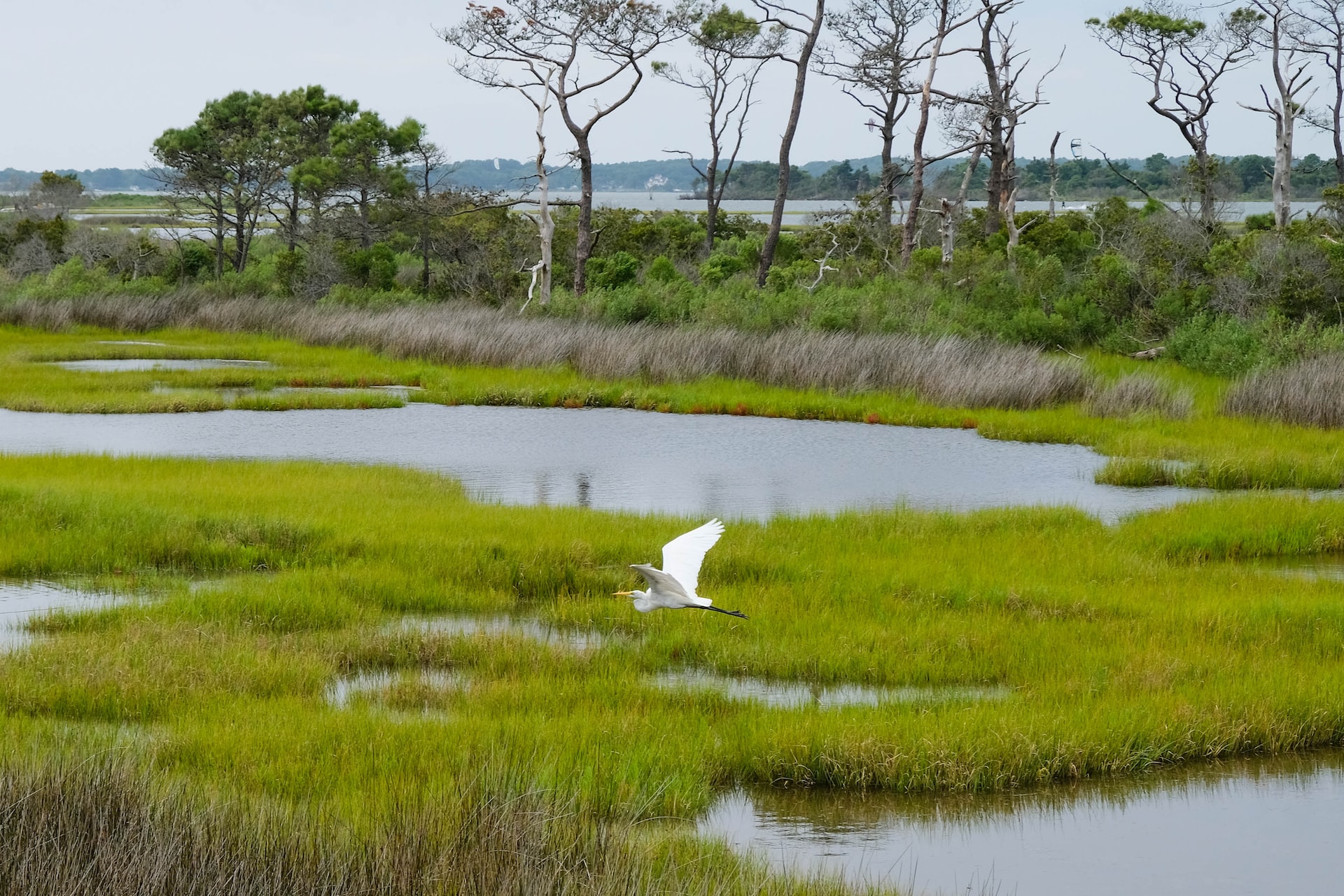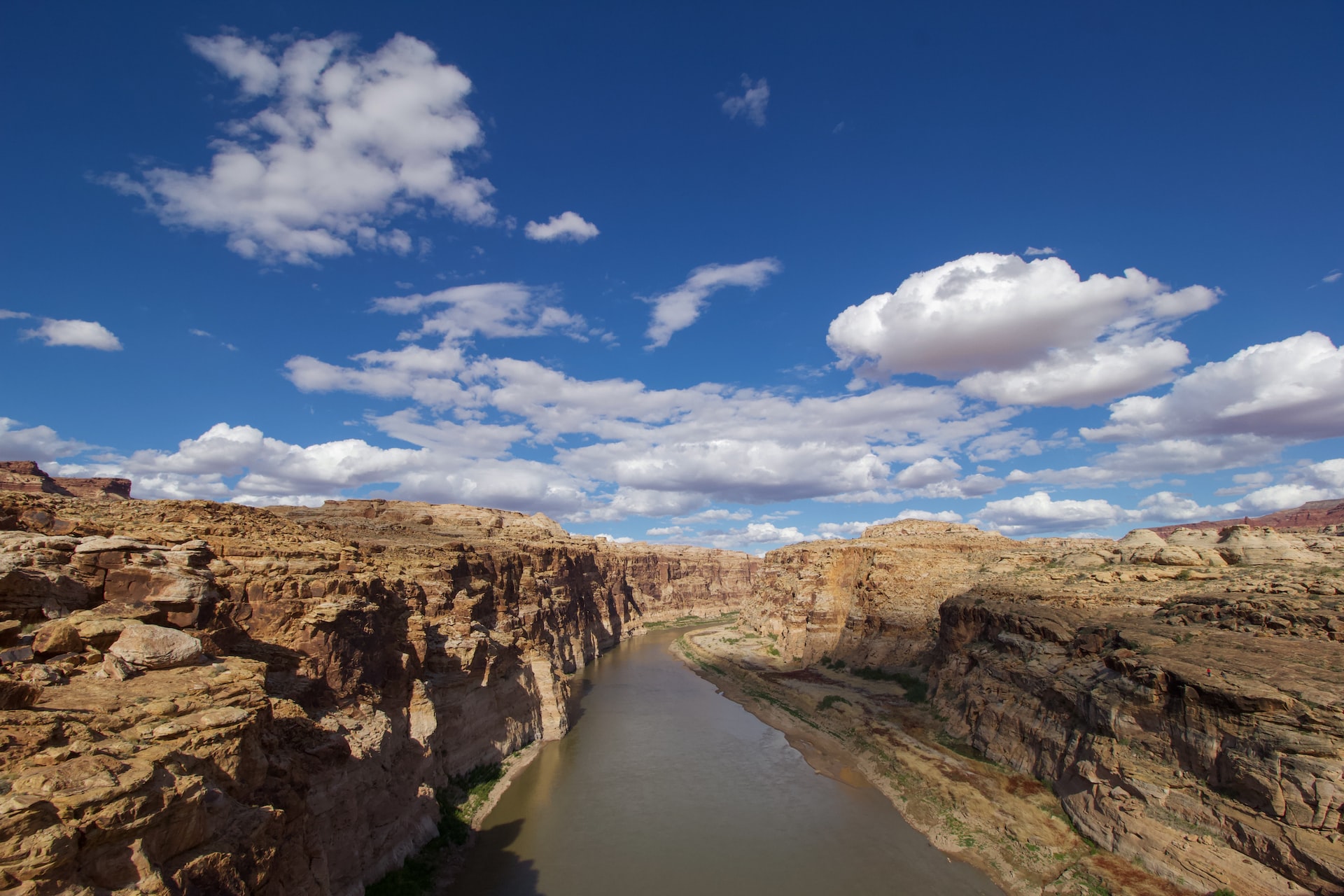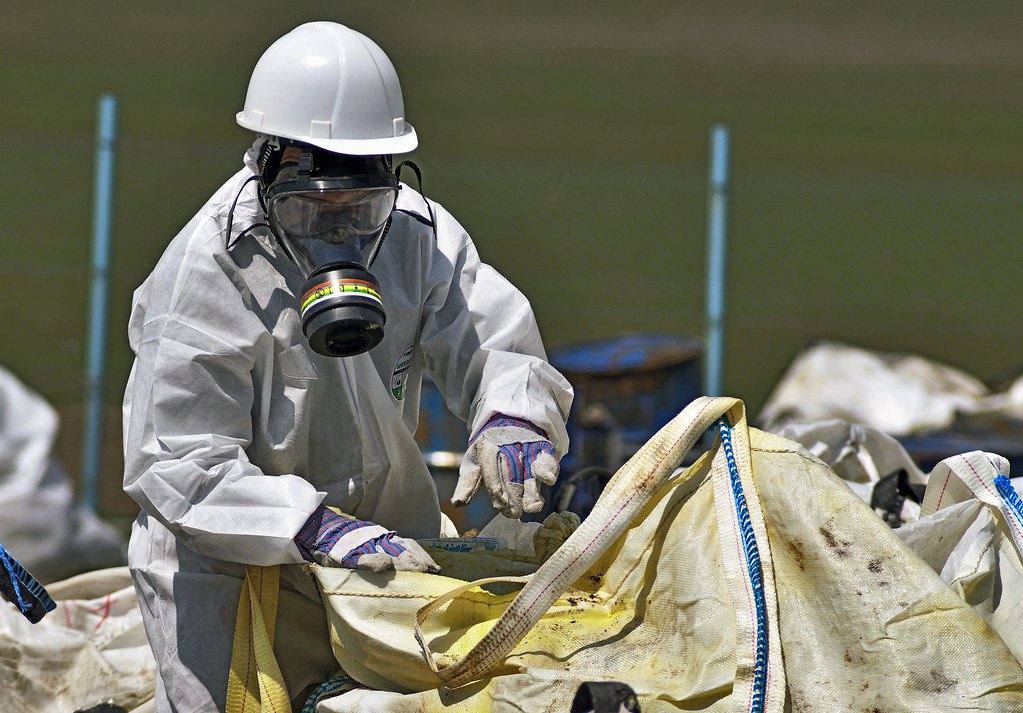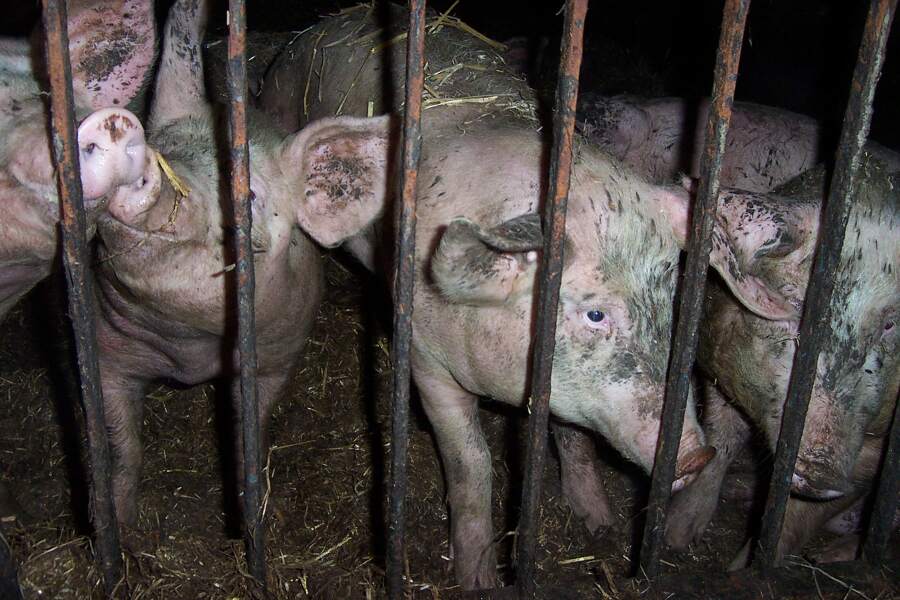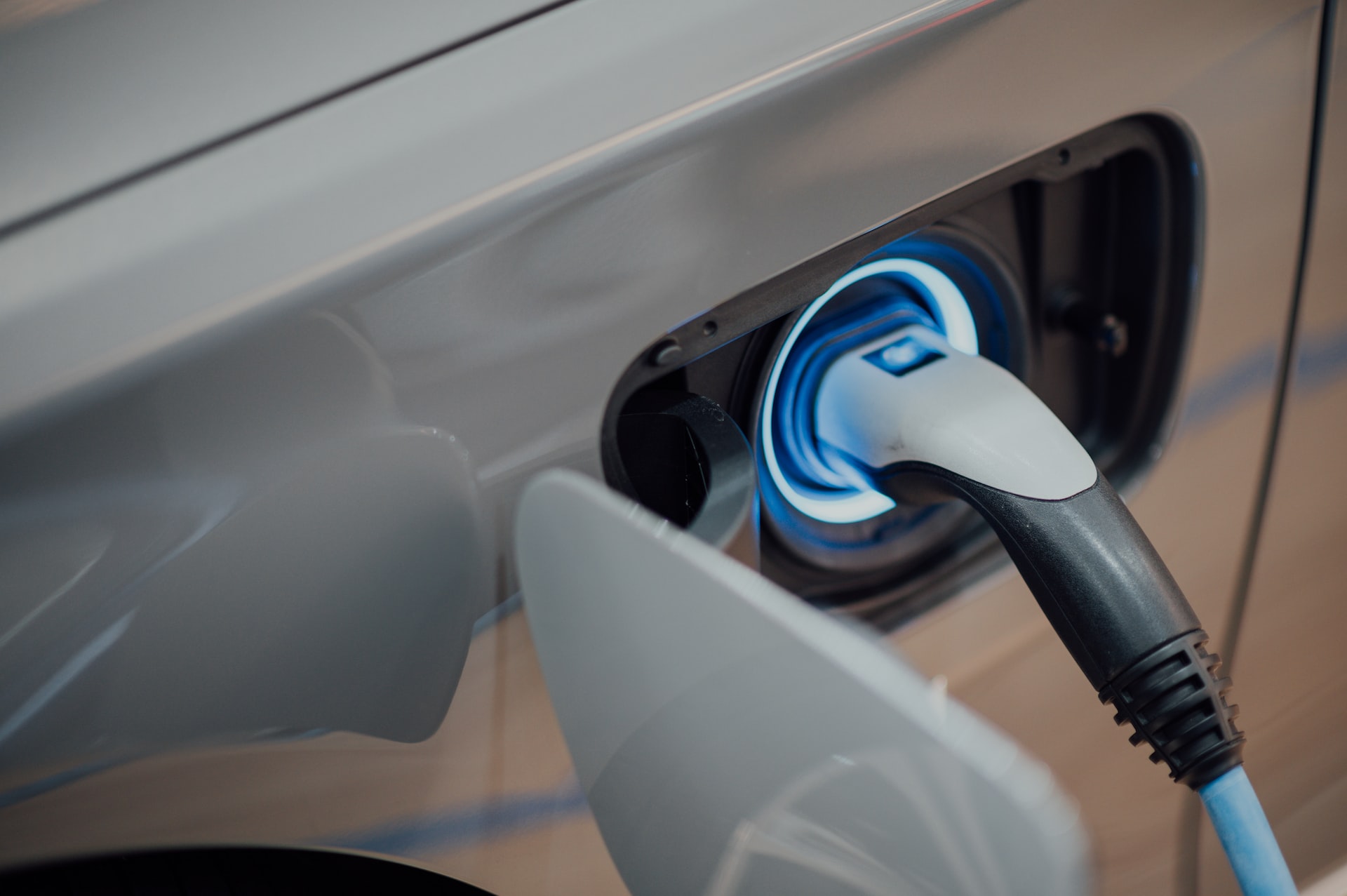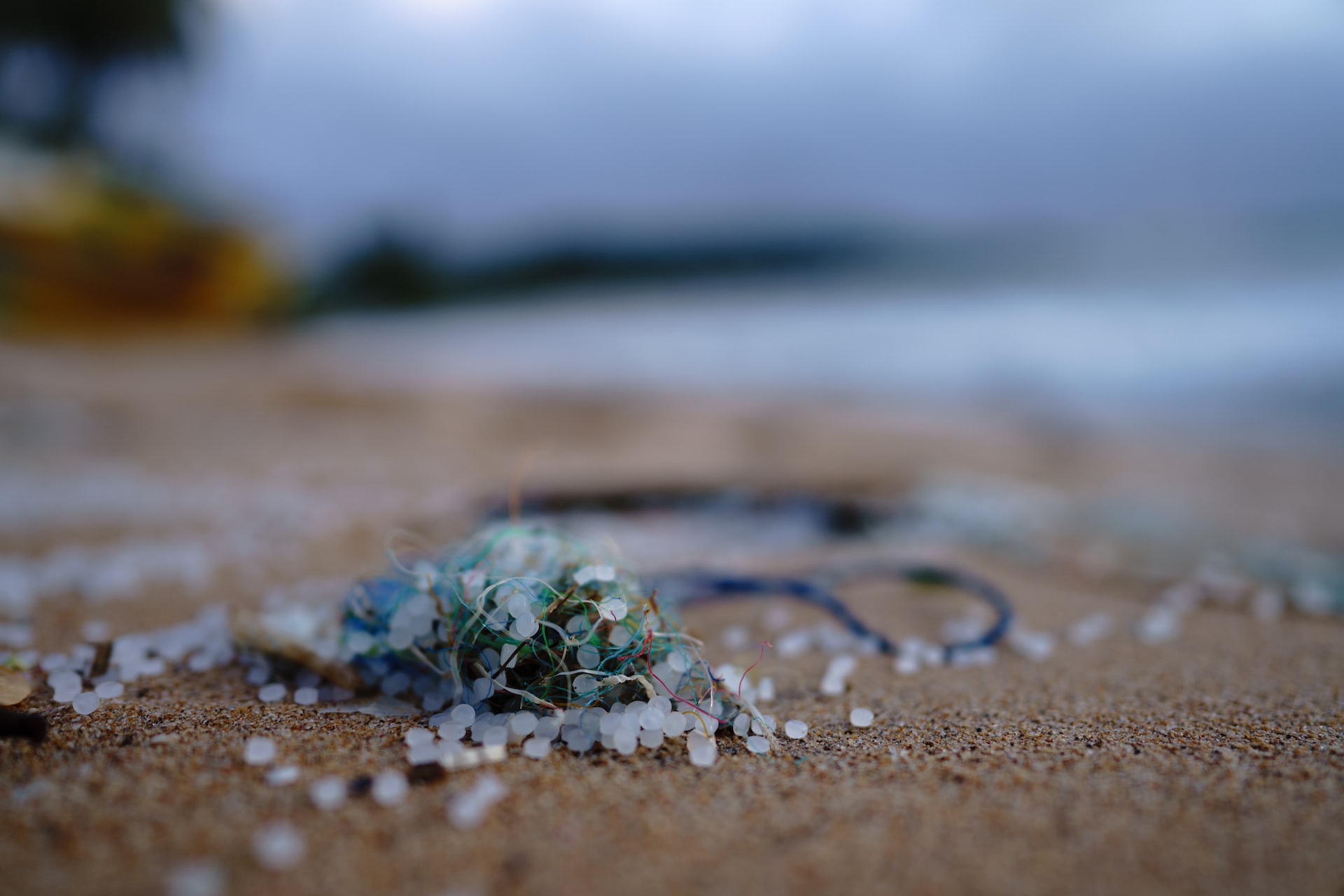
The Midwest Regional Rail Initiative Aims to Bring High Speed Rail to Illinois
High speed rails may seem like a transportation option unique to Europeans, but that may not be the case for much longer. The United States has plans to implement high speed rail within the upcoming decade. High speed rails are trains that run faster than traditional trains at around 124-200mph.[1] Currently, Acela is the only high speed train in the United States which is operated by Amtrak.[2] Acela currently reaches speeds up to 150mph and travels between cities in the Northeast Corridor (Boston, New Haven, New York, Philadelphia, Wilmington, and Washington).[3]



